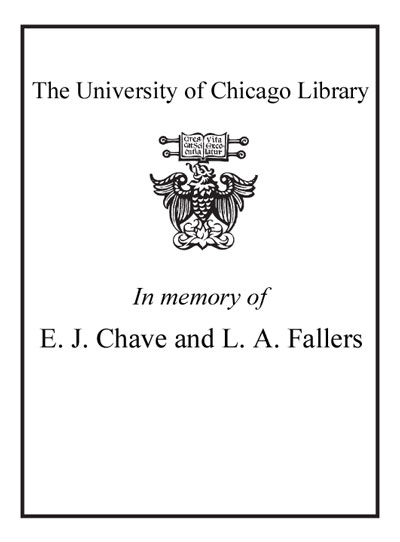The shape of Anglican theology : faith seeking wisdom /
Saved in:
| Author / Creator: | MacDougall, Scott, author |
|---|---|
| Imprint: | Leiden, The Netherlands ; Boston : Brill, [2022] |
| Description: | viii, 153 pages ; 24 cm. |
| Language: | English |
| Series: | Brill research perspectives. Theology Brill research perspectives. Theology |
| Subject: | |
| Format: | Print Book |
| URL for this record: | http://pi.lib.uchicago.edu/1001/cat/bib/12742119 |
Table of Contents:
- Acknowledgments
- A Note on Dates and Names
- Abstract
- Keywords
- Introduction: Why the Shape of Anglican Theology?
- 1. The General Shape of Anglican Theology: Determining Its Domain
- 1.1. No Defining Figure or Group
- 1.2. No Confessional Statements
- 1.3. The Question of Theological Method
- 2. The General Shape of Anglican Theology: Beating Its Bounds
- 2.1. Boundary Markers
- 2.1.1. The Historical Context and Its Legacy
- 2.1.2. Theological Comprehensiveness
- 2.1.3. The Via Media
- 2.1.4. Sources of Authority
- 2.1.4.1. Naming the Sources
- 2.1.4.2. "Scripture, Tradition, and Reason"
- 2.1.4.2.1. Burning the Stool
- 2.1.4.2.2. Scripture
- 2.1.4.2.3. Reason
- 2.1.4.2.4. Tradition
- 2.1.5. Core Doctrines and Essential Principles
- 2.1.6. The Chicago-Lambeth Quadrilateral
- 2.2. Rounding the Circle
- 3. The Particular Shape of Anglican Theology: Specifying Its Character
- 3.1. Scriptural
- 3.2. Ancient-Modern
- 3.3. Non-confessional
- 3.4. Critical
- 3.4.1. Characteristic Non-dogmatism in Anglican Theology
- 3.4.2. Critical of the Self: Personal and Corporate Critique
- 3.4.3. Critical of the World: Anglican Social and Political Theology
- 3.5. Pastoral and Practical
- 3.5.1. Anglican Moral Theology
- 3.5.2. Anglican Spirituality and Ascetical Theology
- 3.6. Liturgical
- 3.7. Incarnational
- 3.8. Occasional
- 3.8.1. Thinking Systematically in an Occasional Mode
- 3.8.2. Anglican Systematic Theology: A New Turn?
- 3.9. The Coinherence of Anglican Theology's Distinctive Theo-logic
- Conclusion: The Shape of Anglican Theology to Come
- Selected Annotated Bibliography
- Index

